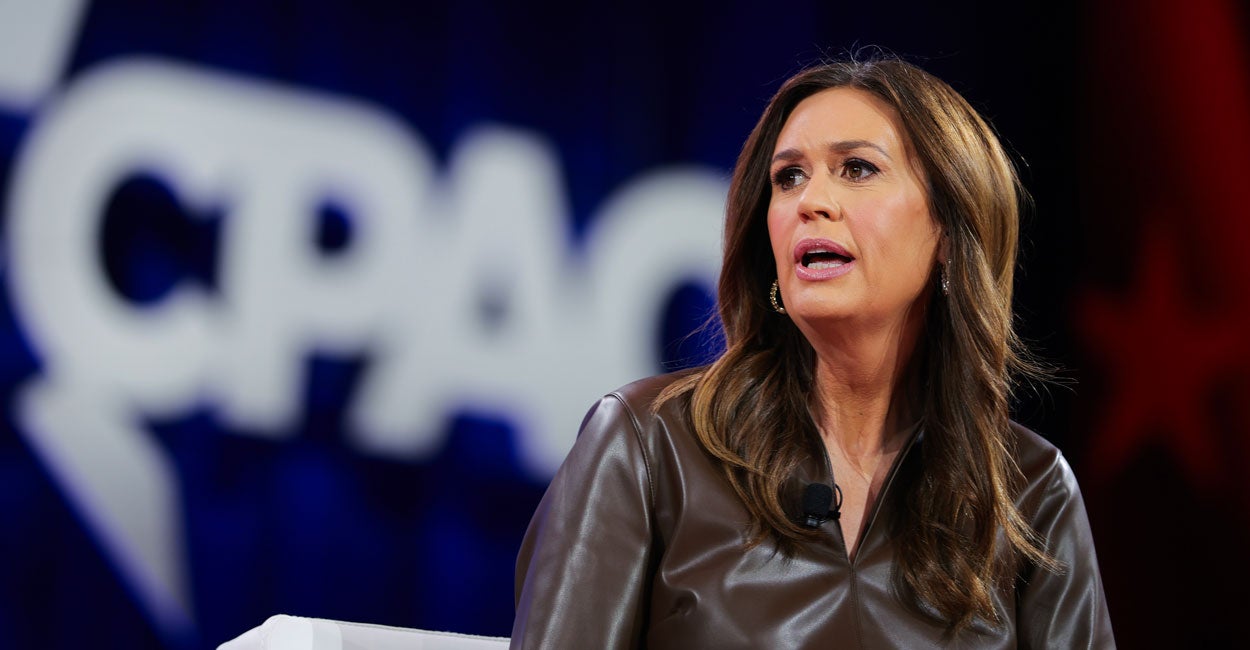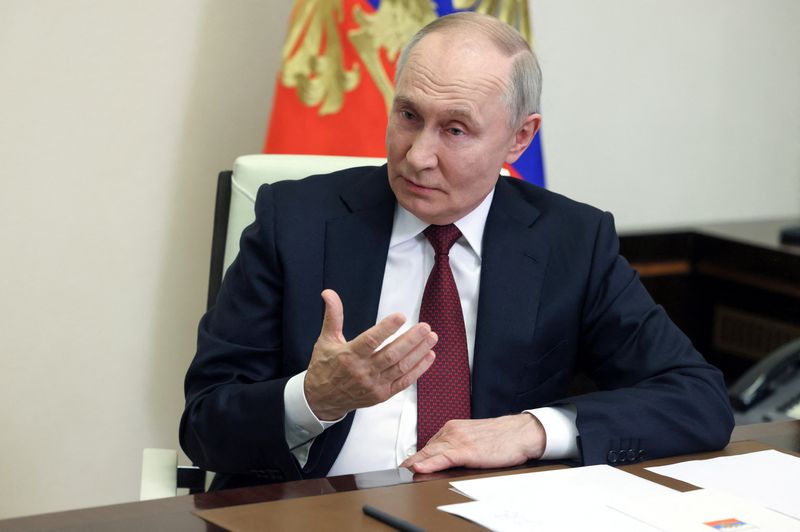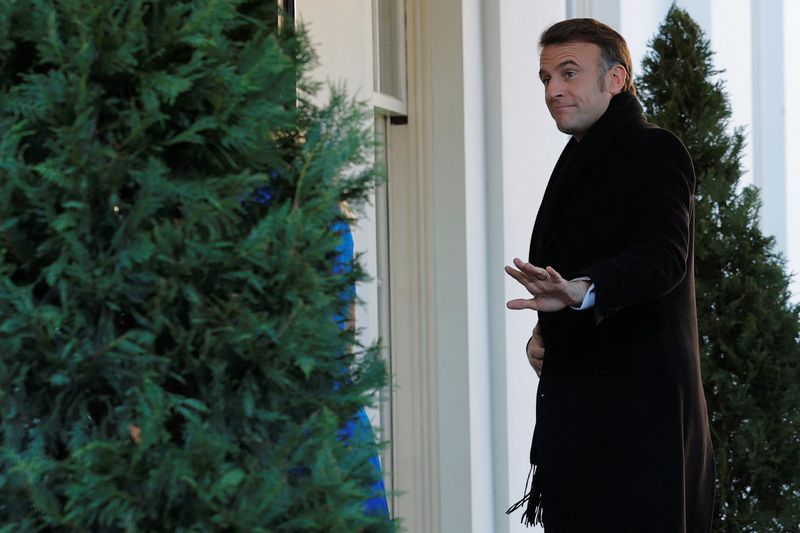Germany’s far-right firewall weakens as Merz pledges migration crackdown
Germany's conservative candidate, Friedrich Merz, suggested he'd push through tougher migration measures even with AfD support.
BERLIN — German conservatives’ determination not to play ball with the far right is ebbing away.
Friedrich Merz, favorite to be chancellor after next month’s election, signaled he’d try to push tougher migration measures through parliament even if passage depends on the support of the far-right Alternative for Germany (AfD) party — a taboo-busting move that shows how the tectonic plates of the country’s political system are steadily shifting.
Alice Weidel, chancellor candidate for the AfD, which now sits in second place in polls, was jubilant. “The firewall has fallen!” she wrote on X. “That is good news for our country!”
Merz’s conservative Christian Democratic Union (CDU) said it would introduce the tougher migration measures even “if only the AfD supports our proposals,” according to a message from the party’s parliamentary leadership to rank-and-file members seen by POLITICO.
Germany’s mainstream political parties have long sought to maintain a Brandmauer, or “firewall,” around the AfD, with the parties refusing to govern in coalition with them at a national level. Until now, it has also meant mainstream parties have not introduced legislation that could only pass with far-right support.
But ahead of an election set for Feb. 23, Merz’s party has come under growing political pressure to crack down on migration as the AfD’s popularity has increased. The AfD is now polling at 20 percent, second behind the conservatives, who are at 30 percent.
“We will introduce motions in the German Bundestag that are exclusively in line with our convictions,” Merz said Friday according to the news agency dpa. “And we will introduce them regardless of who agrees with them.”
A recent survey showed that migration is the top voter concern ahead of the election. A knife attack in Bavaria allegedly perpetrated by a Afghan man earlier this week — and which took the life of a two-year-old boy — intensified public pressure on parties to take a harder stance on migration and asylum claims.
AfD leaders have consistently attacked conservatives for attempting to maintain the firewall, criticizing Merz and his party for choosing to cooperate with left-wing parties instead. After the attack in Bavaria, Weidel wrote a letter to Merz offering her party’s support for pushing through stricter migration measures in parliament.

Conservatives dismissed Weidel’s letter as a political ploy, saying they could make changes to Germany’s migration policy without the AfD. Conservatives “will ensure that migration policy is fundamentally reoriented and illegal immigration is drastically reduced,” Thorsten Frei, a leading conservative parliamentarian told Reuters. “This does not require the poisoned offers from the AfD.”
The firewall around the AfD has shown cracks in recent years — particularly in the far right strongholds of eastern Germany. In 2020, Merz’s center-right Christian Democratic Union (CDU) and the liberal Free Democrats voted together with the AfD in the eastern German state of Thuringia to oust the state’s left-wing premier. The move sparked national outrage and helped prompt the resignation of the CDU’s then-party leader.
What's Your Reaction?


























:quality(85):upscale()/2024/09/09/785/n/1922283/901e710666df358b373de2.40207443_.jpg?#)
:quality(85):upscale()/2024/07/23/904/n/1922283/dc92642c66a0159ee98db4.72095370_.jpg?#)
:quality(85):upscale()/2024/07/10/842/n/1922283/8fb902af668edd399936b2.17277875_.jpg?#)
:quality(85):upscale()/2024/06/07/909/n/1922283/82a389f8666372643f2065.06111128_.jpg?#)
:quality(85):upscale()/2024/06/07/726/n/1922283/10bee64e666334778cf548.63095318_.jpg?#)
:quality(85):upscale()/2025/02/03/788/n/1922283/010b439467a1031f886f32.95387981_.jpg)
:quality(85):upscale()/2025/01/08/844/n/1922398/cde2aeac677eceef03f2d1.00424146_.jpg)
:quality(85):upscale()/2024/11/27/891/n/1922398/123acea767477facdac4d4.08554212_.jpg)
:quality(85):upscale()/2024/12/02/919/n/1922398/2b4b75f6674e20edcc99c3.42112799_.jpg)
:quality(85):upscale()/2024/10/29/690/n/1922398/e9bec6b46721006258d949.01358236_.jpg)











